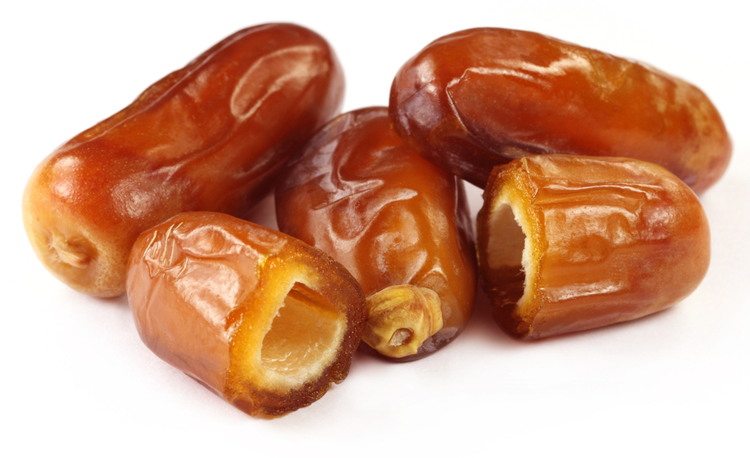Honestly, I always take nutrition advice with a pinch of salt. It is so easy to oversimplify research findings. Do you remember when eggs were supposedly harmful and presumed to contribute to bad blood cholesterol? Now, it is recommended that you eat eggs (up to 3 a week), to maintain healthy levels of good cholesterol. What happened? Eggs didn’t change in 30 years, the research did.
This is a reminder how important it is to practice moderation in everything; it is a good way to live, to eat.
When it comes to today, we are consuming way more sugar than we used to. Our food quantities have increased in all food categories, carbs, fats and proteins. Many would agree with me that the quality of the food we eat is not something we can be proud of.
Here, I’ll focus on one particular sugar type (FRUCTOSE), breaking down the reasons why its over-consumption poses a health risk that most of us overlook or simply are not aware of.
- We are consuming too much: Fructose is the natural sugar found in most fruit. People assume that because fruit is natural, it’s okay. We forget that fruit isn’t available all year round in traditional and organic farming and that we have other sources to consume this sugar, (fizzy drinks, candies, and so on).

- Fructose is broken down in the liver: Because it’s not digested in the digestive system, this over-stresses the liver, which already has other functions to perform like removing waste products.

- Fructose confuses the body: It tastes sweet, but doesn’t act like glucose. Since it’s broken down differently, your body asks for more sugar but doesn’t really feel content. This means, you’ll always ask for more.

- Fructose is in products that are supposed to be healthy: Remember low fat products? When a macro ingredient is stripped away from food, it is usually replaced by another macro ingredient (usually sugar).
- Fructose is in products that aren’t even sweet: If you read the food ingredients’ list on a food label, you are sure to find fructose. It’s usually what’s making it taste so good. Food products notorious for this, include sauces like red pasta sauce, ketchup, barbecue sauces, commercial salad dressings, coffee creamers and even health bars (protein bars). Look for the following in food labels: High fructose corn syrup, fructose syrup, agave and so on.
- You might suffer from fructose intolerance and not know it: In an average body, the small intestine can absorb up to 50 grams of fructose at a time. Some show a reaction to even less than 20 grams of fructose. For those suffering from malabsorption, the fructose absorbs water into the gut and causes diarrhea. The fructose might also linger too long in the gut, becoming food for gut bacteria. The latter usually results in bloating and flatulence.
Some tips for us Saudi residents:
Dates are full of fructose: Granted, dates also have antioxidants and are a good source of calories. It is, however best to have 2-3 dates half an hour before a meal. The sugar from dates will help you feel fill faster.

We need to redefine our relationship with fruit: We fall prey to the benefits of fruit. Even worse, most juice places around town add sugars to the already sugary beverage, making it a ticking sugary bomb. Be sure to choose the smaller size cups, request the sugar free version, and stick to one serving before your meals instead of with it.











